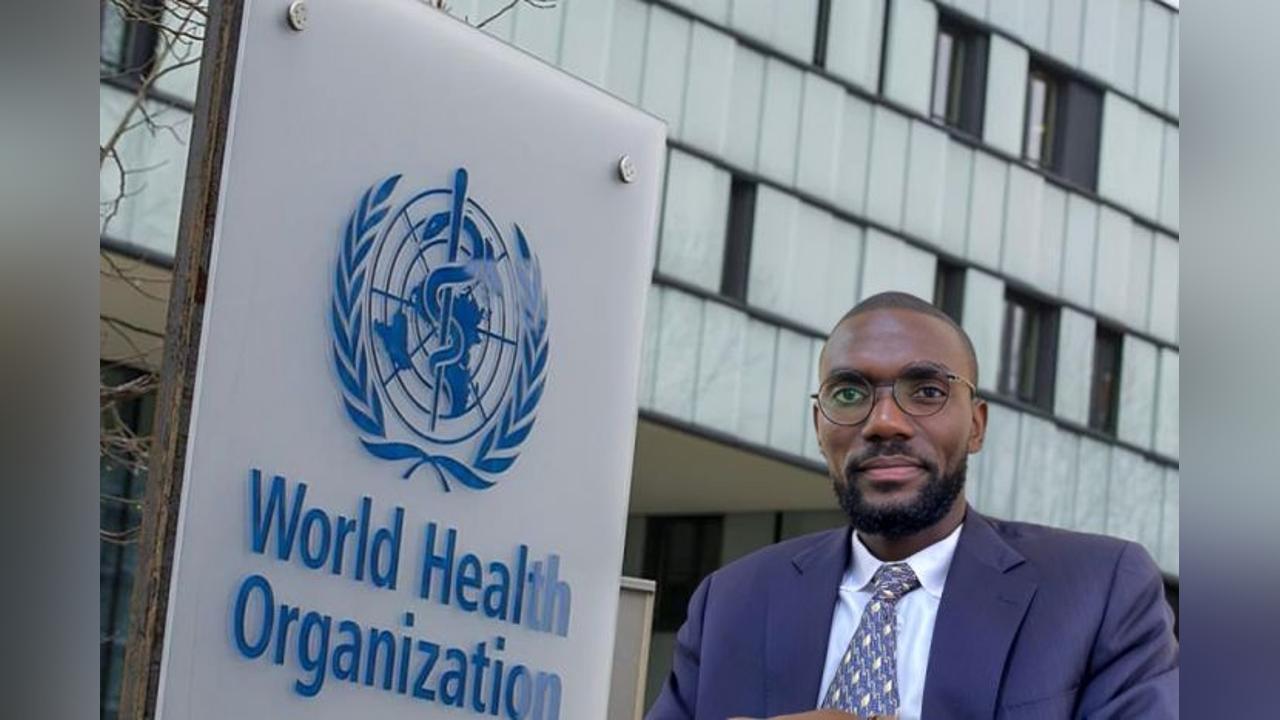Africa-Press – Lesotho. The recent decision by the United States, followed by Argentina, to withdraw from the World Health Organization (WHO) has undoubtedly generated intense debate about the implications for international policy and global health.
On January 21, 2025, US President Donald Trump announced the country’s withdrawal from the WHO, alleging poor management of the organization during the critical period caused by the COVID-19 pandemic. Trump was also very critical of the political influence of certain countries within the organization, which had an adverse effect on the organization’s actions. He also highlighted that the US has been making disproportionate financial contributions compared to the organization’s other member states, with China being the preferred choice, which, in turn, constitutes a certain asymmetry in treatment and privileged positions that certain countries enjoy within the organization to the detriment of other states.
Following the same line of observation, Argentina, under the leadership of President Javier Milei, also decided to withdraw from the WHO. The Argentine government justified the decision by pointing out “profound differences” regarding the organization’s health management during the pandemic and expressed discontent with the political influence of other states in the WHO.
Consequences for Global Public Health
There is no doubt that the withdrawal of the United States from the WHO, as the largest funder of the organization’s high-impact projects, represents a significant blow to global public health, given that the country has contributed around 18% of overall funding. This withdrawal could jeopardize essential disease-fighting programs, medical research and the ability to respond to health emergencies around the world, such as COVID-19. In this context, there is a greater concern, especially for developing countries such as Angola, where the situation is particularly worrying.
Dependence on WHO support to combat communicable diseases such as malaria, HIV/AIDS and tuberculosis is significant. Reduced funding and technical support could weaken local health systems and exacerbate existing social issues.
Impacts on International Politics
The decision by the United States and Argentina to withdraw from the WHO could trigger a crisis in international politics, directly affecting multilateral cooperation and global health governance, since States would be immersed in pessimism about continuing to finance or allocate resources to an organization that is fragile in terms of responding to public health situations of great local impact, leading them later to direct their resources and financing within their jurisdiction to the detriment of the entity.
However, it is important to anticipate that in the coming months or until at least 2026 other countries will be led to reconsider their participation in international organizations, weakening established cooperation structures and promoting a more isolationist approach to international relations. This episode undoubtedly highlights a possible crisis in international politics from the perspective of cooperation and the promotion of a more friendly international environment, raising the level of international anarchism, perpetuating selfishness and fierce competition among states, and foreseeing a greater rupture in international relations capable of plunging such a system into an increasingly chaotic environment with strong tendencies towards conflict.
Another aspect worth mentioning is that the withdrawal of influential states from the WHO could open the way for other actors, such as China, to increase their influence on global health policies. This could alter the balance of power within the organization and affect the formulation of public health policies and guidelines.
Mitigation measures presented by WHO in view of the current critical situation
In response to the announced departures, WHO has announced a series of measures to reduce costs and review priorities, including a temporary halt to the recruitment of new health professionals and the renegotiation of contracts for the purchase of products and supplies. In addition, it has explored alternative financing initiatives that could help offset the loss of contributions, such as microfinance campaigns aimed at raising US$1 billion.
The WHO therefore faces a huge challenge from the perspective of the stability of international cooperation in public health. A series of events could be triggered as potential consequences, including the weakening of essential health programmes, the redistribution of geopolitical influences and the possible erosion of trust in multilateral institutions. It is imperative that the international community seeks collaborative solutions to mitigate these impacts and strengthen global health governance.
angola24
For More News And Analysis About Lesotho Follow Africa-Press






